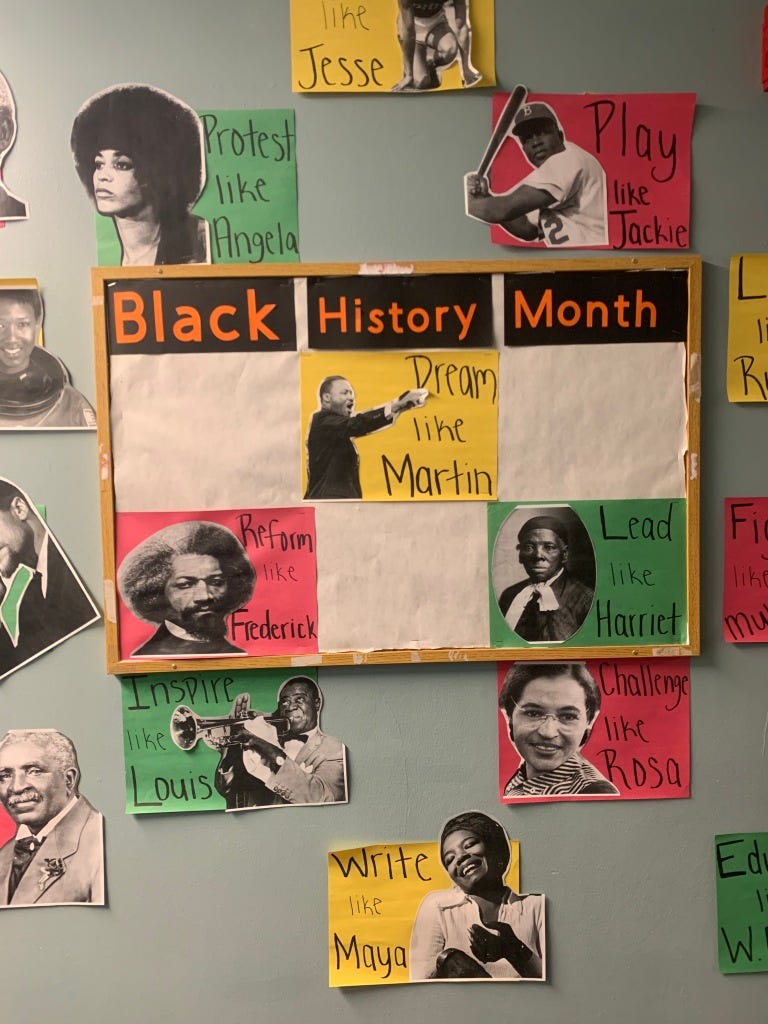ARTHUR MAHRER Staff Writer
Black History Month is a period of recognition for African American contribution to American culture and history, as well as a period of reflection on the poor history of race relations in the United States. From slavery to segregation to current issues plaguing the nation today such systemic racism and police brutality, February is a time to focus on these issues more intensely. It is only natural that Bethel would express a refined interest in celebrating Black History Month, as this elevation of African American culture was initiated by pushes in academic circles.
The origins of Black History Month can be traced to the initiatives of Carter G. Woodson, an African American Harvard educated historian, and Jesse Moorland, a successful minister associated with the creation of the Young Men’s Christian Association. They came together to form the Association for the Study of Negro Life and History (ASNLH). The purpose of this organization was to serve the African Community through its documentation, research and promotion of the achievements and progress of Black Americans. A direct outcome of the organization’s activities was the initiation of Negro History Week in 1926, allocating the celebration to the second week of February to coincide with the birthdays of Abraham Lincoln and Frederick Douglass. This was a step in the evolution of Black History Month, which paved the way for greater recognition. In 1969, as a result of extended efforts from the Civil Rights movement, Negro History Week evolved into a celebration that lasted a full month and was renamed Black History Month on many college campuses. The celebration of Black History Month was made official by President Gerald Ford in 1976, thus moving it onto a national stage and enabling its interracial recognition.
Through the efforts of the Diversity Council and Bethel’s convocation platform, Bethel has honored the celebration of Black History Month in a variety of ways. To start with, on February first, students were treated with an online presentation by Yvonne Osei, a Ghanaian (West African) artist.
“Osei’s art serves as a medium for challenging social norms and historical narratives. Through performances art, engaging public spaces, architectural installations … her works serve as a mouthpiece for generations that have been marginalized as she pushes against unilateral perspectives that have taken root in various societies,” Doug Siemens, the convocation co-coordinator among other roles, said.
The Diversity Council has also made great strides in the organization of a smooth Black History celebration by sending the student body massages of key Black achievements that are not widely reported by mainstream media. An example of one somewhat obscure figure is Mae Jemison, a Black female NASA astronaut credited for being the first African American female to travel in space. Bethel has also proceeded to organize a roundtable talk to highlight the relationship between current issues of race relations and the political climate of the US today with this recognition period dedicated to the achievements of the African American community.



